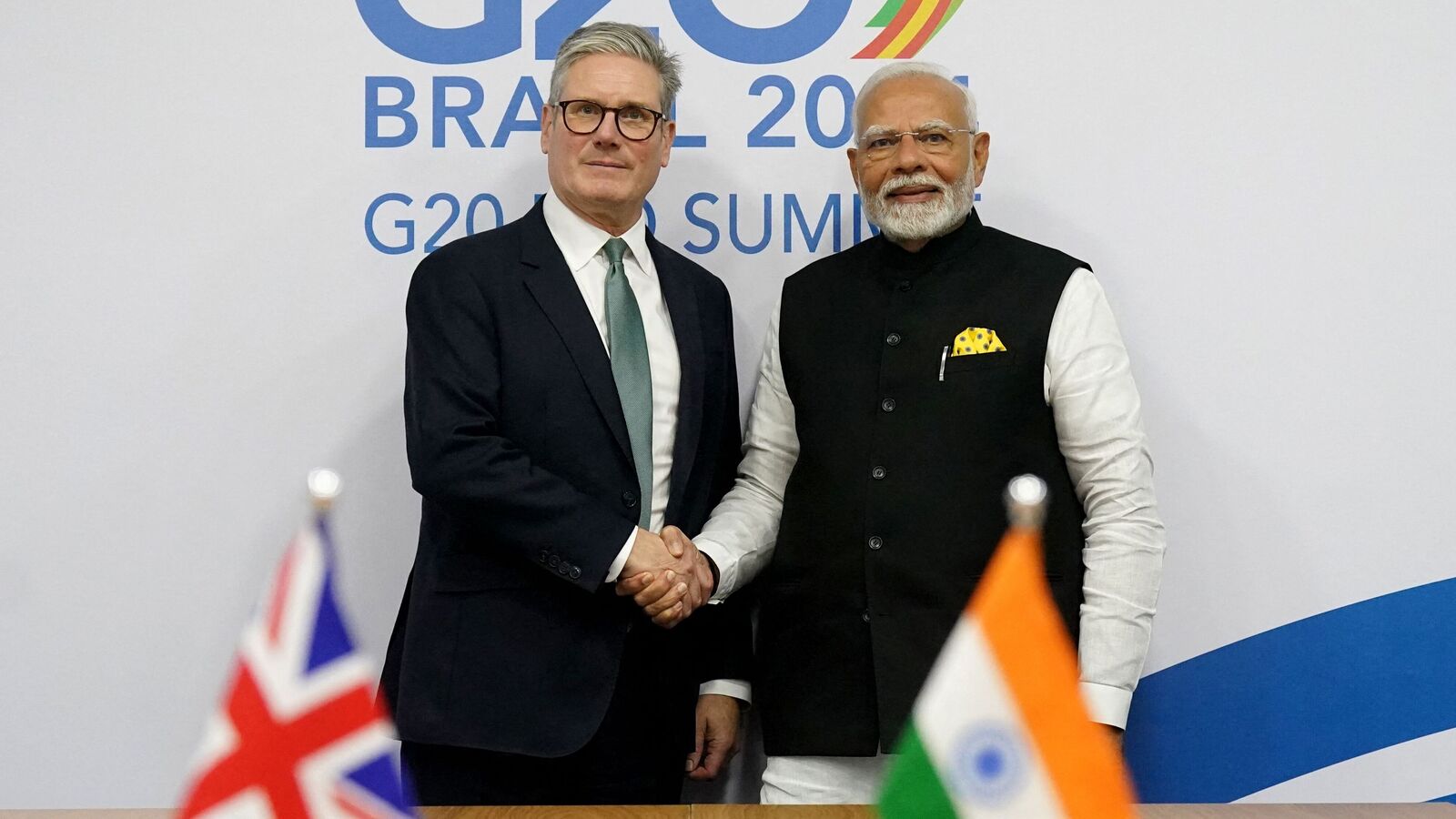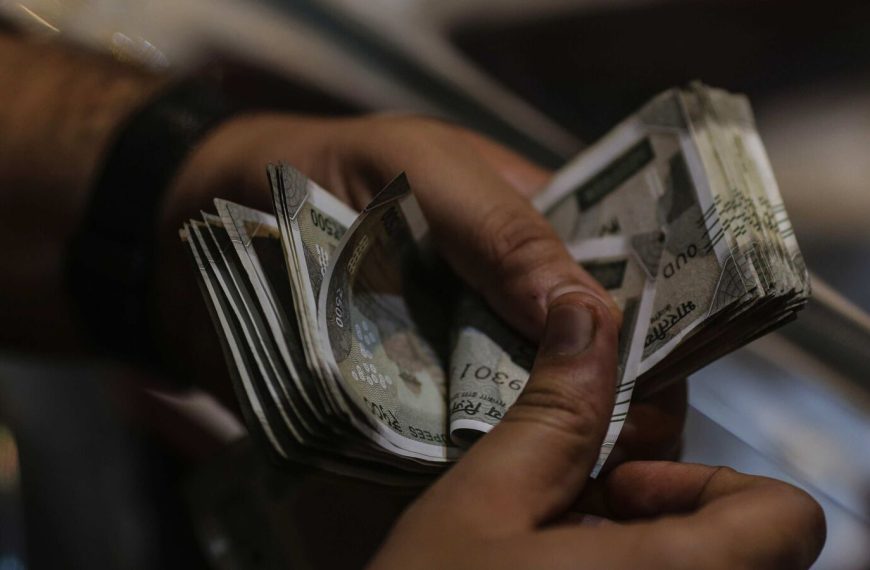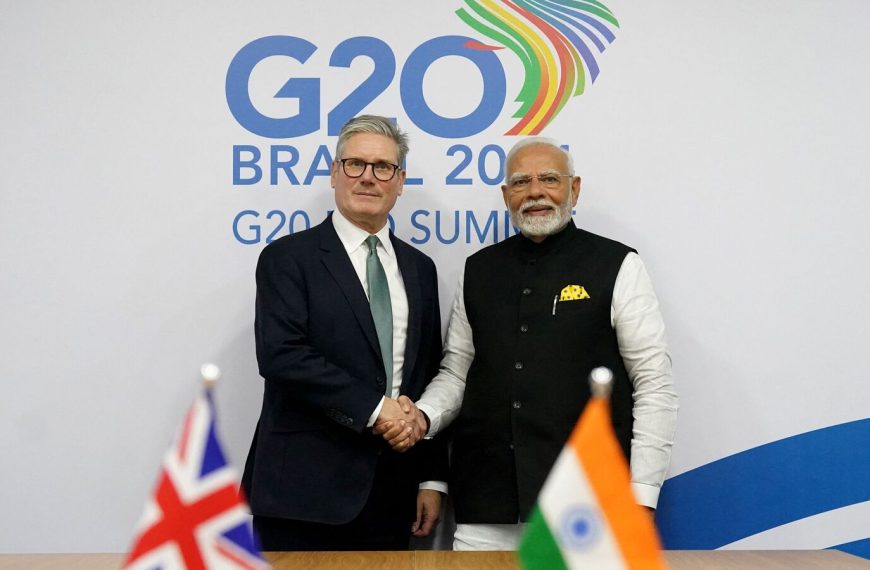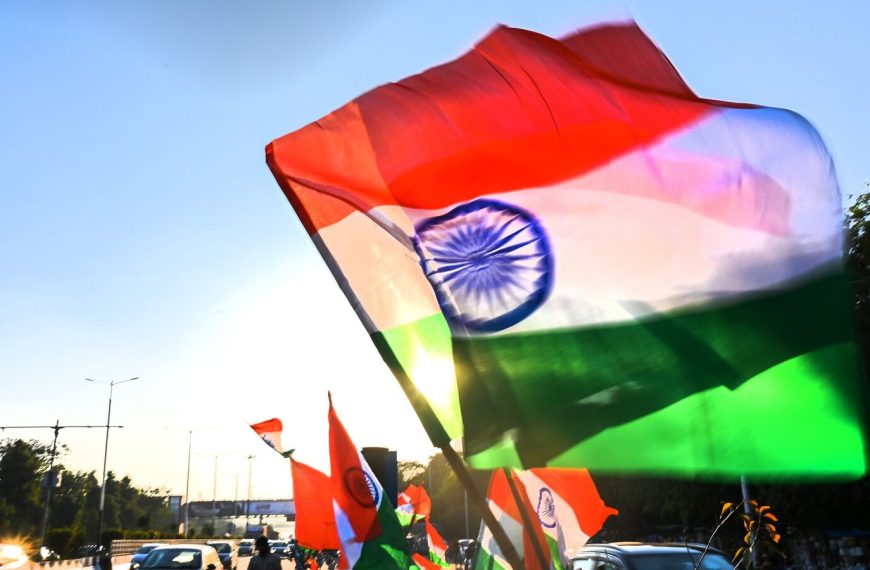On May 6, 2025, a noteworthy development emerged as India and the United Kingdom finalized a free trade agreement (FTA) that promises to reshape economic relations between the two nations. This landmark accord stands to significantly reduce tariffs, fostering a more vibrant trade environment. With both countries poised to benefit, the agreement paves the way for enhanced cooperation in various sectors.
Major Tariff Reductions
Under the newly established trade agreement, India will dramatically reduce its automotive import tariffs from over 100% to just 10%. This move is expected to boost the automotive market and provide British manufacturers with greater access to Indian consumers.
Additionally, India will lower tariffs on a range of popular UK products, including:
- Whisky and gin—tariffs will be halved to 75%
- Cosmetics
- Medical devices
This reciprocal approach aims to stimulate trade and enhance the availability of goods for consumers in both countries.
UK Tariff Adjustments
In response to India’s tariff reductions, the UK has agreed to decrease tariffs on various imports from India. Key products affected include:
- Clothing
- Footwear
- Food products, such as frozen prawns
These adjustments are expected to foster a stronger trade relationship, supporting economic growth for both nations.
Economic Impact
According to reports, this free trade agreement could lead to an impressive increase of £25.5 billion in trade between India and the UK. Such a boost is anticipated to have positive effects on the British economy, particularly in terms of wages and job creation.
Context of the Agreement
This trade deal comes at a time of heightened tensions in global trade, especially due to US President Donald Trump’s recent tariff escalations that have sparked a trade war with several countries. The negotiations, which resumed in February 2025, were revitalized in response to these international pressures.
Statements from Leaders
In an official statement, UK Prime Minister Keir Starmer emphasized the significance of this agreement, saying, “Today we have agreed a landmark deal with India — one of the fastest-growing economies in the world, which will grow the economy and deliver for British people and business.” Starmer’s Labour Party heralded the FTA as the most consequential bilateral trade deal since the UK exited the European Union.
Indian Prime Minister Narendra Modi also expressed enthusiasm about the agreement, highlighting its role in deepening trade and investment ties between the two nations. On social media, he remarked, “In a historic milestone, India and the UK have successfully concluded an ambitious and mutually beneficial Free Trade Agreement. These landmark agreements will further deepen our Comprehensive Strategic Partnership, catalyzing trade, investment, growth, job creation, and innovation in both our economies.”
Looking Ahead
This free trade agreement not only marks a pivotal moment in India-UK relations but also signals a broader commitment to global trade cooperation amidst challenging economic landscapes. As both countries prepare to implement the new terms, the anticipation for increased economic engagement continues to grow.
For further updates on international trade agreements and economic developments, stay tuned to our news platform.











